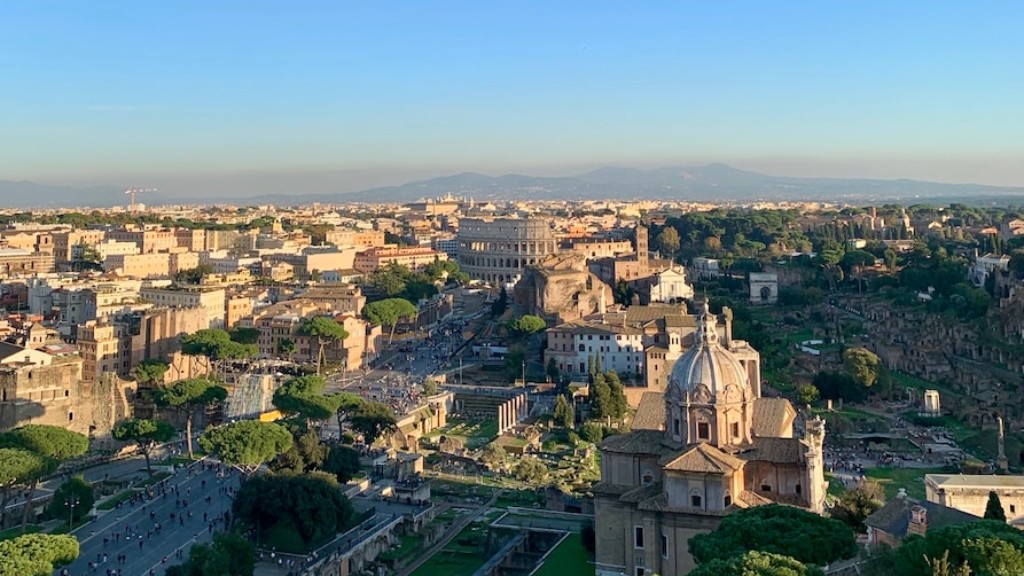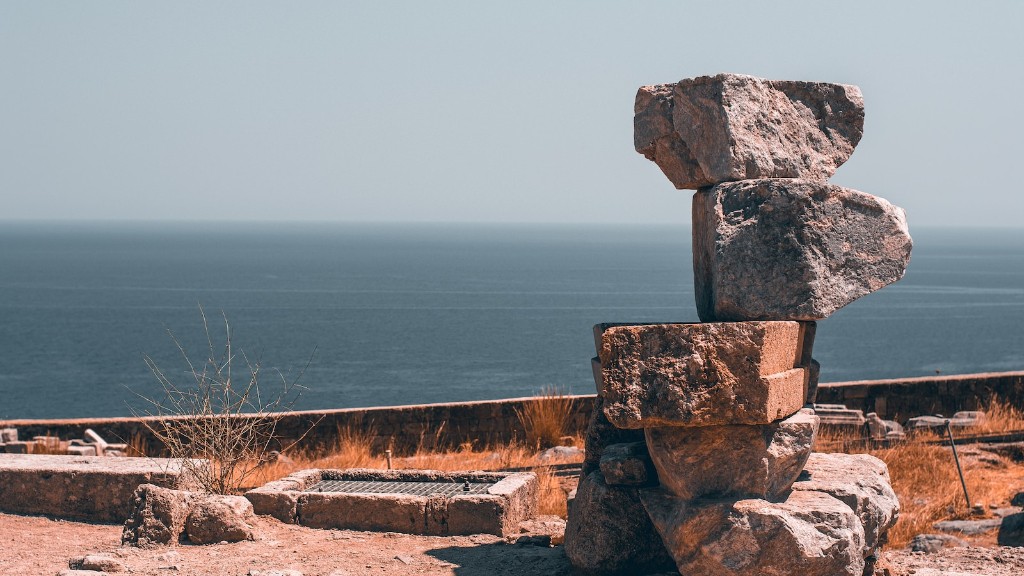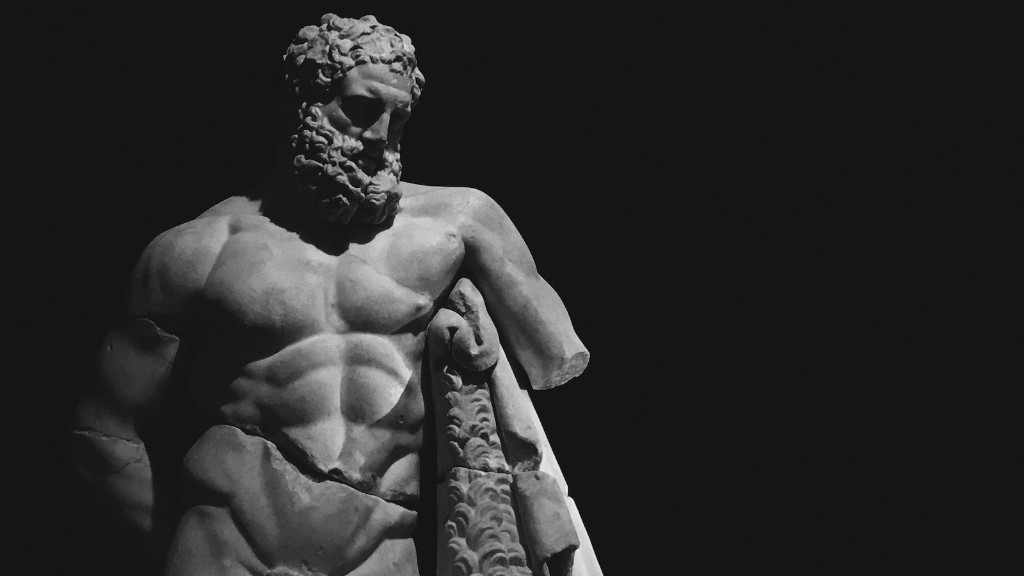How Long Has Ancient Rome Been Around For?
Rome, the eternal city, has a rich and fascinating history that spans over two and a half thousand years. From its humble beginnings as a small settlement on the banks of the Tiber River, to its status as the capital of the mighty Roman Empire, Rome has witnessed the rise and fall of civilizations, emperors, and ideologies.
The Origins of Ancient Rome
The foundation of Rome is often attributed to the mythical figures of Romulus and Remus, who were said to have been raised by a she-wolf. While the story may be legendary, archaeological evidence suggests that Rome was founded around 753 BC.
During its early years, Rome was a monarchy, ruled by a succession of kings. However, in 509 BC, the Roman Republic was established, marking the beginning of a new era in Roman history. The Republic was a period of political and social change, characterized by the expansion of Roman territory and the establishment of a government based on democratic principles.
The Roman Empire
In 27 BC, the Roman Republic transitioned into the Roman Empire, with Augustus becoming the first emperor. This marked the start of a period of immense power and territorial expansion for Rome. The Roman Empire reached its peak under the rule of Emperor Trajan in the 2nd century AD, encompassing vast territories in Europe, Africa, and Asia.
However, the Roman Empire began to decline in the 3rd century AD due to internal conflicts, economic instability, and external invasions. The fall of the Western Roman Empire in 476 AD is often considered the end of ancient Rome.
Ancient Roman Culture and Achievements
Ancient Rome was not only known for its military prowess and territorial conquests, but also for its rich culture and numerous achievements. Roman architecture, with its iconic structures such as the Colosseum, Pantheon, and aqueducts, continues to inspire awe and admiration to this day.
The Romans were also renowned for their engineering skills, as demonstrated by the construction of extensive road networks, efficient drainage systems, and impressive buildings. Their legal system, known as Roman law, heavily influenced the development of modern legal systems in many countries across the globe.
Ancient Rome was a melting pot of diverse cultures, incorporating elements from the Greeks, Etruscans, and other civilizations. The Romans adopted and adapted the art, literature, and philosophy of these cultures, leaving behind a lasting legacy that continues to shape our world today.
Ancient Rome in Modern Times
Although ancient Rome ceased to exist as a political entity centuries ago, its influence can still be felt in various aspects of modern society. The Roman Catholic Church, with its headquarters in Vatican City, is a direct descendant of the ancient Roman Empire and has played a significant role in shaping Western civilization and Christianity.
The Latin language, once spoken throughout the Roman Empire, continues to have a lasting impact on modern languages such as Italian, French, Spanish, and Portuguese. Roman mythology and legends have inspired countless works of literature, art, and film.
Furthermore, the concept of law and governance developed by ancient Rome has laid the foundation for modern legal systems and democratic principles. The Roman alphabet, the basis for many alphabets used around the world today, is another testament to the enduring legacy of ancient Rome.
Conclusion
Ancient Rome, with its long and storied history, has left an indelible mark on the world. From its humble beginnings as a small settlement to the mighty Roman Empire, Rome has influenced the course of civilization in countless ways. While physically gone, the legacy of ancient Rome lives on, reminding us of the enduring power of human innovation, culture, and governance.


